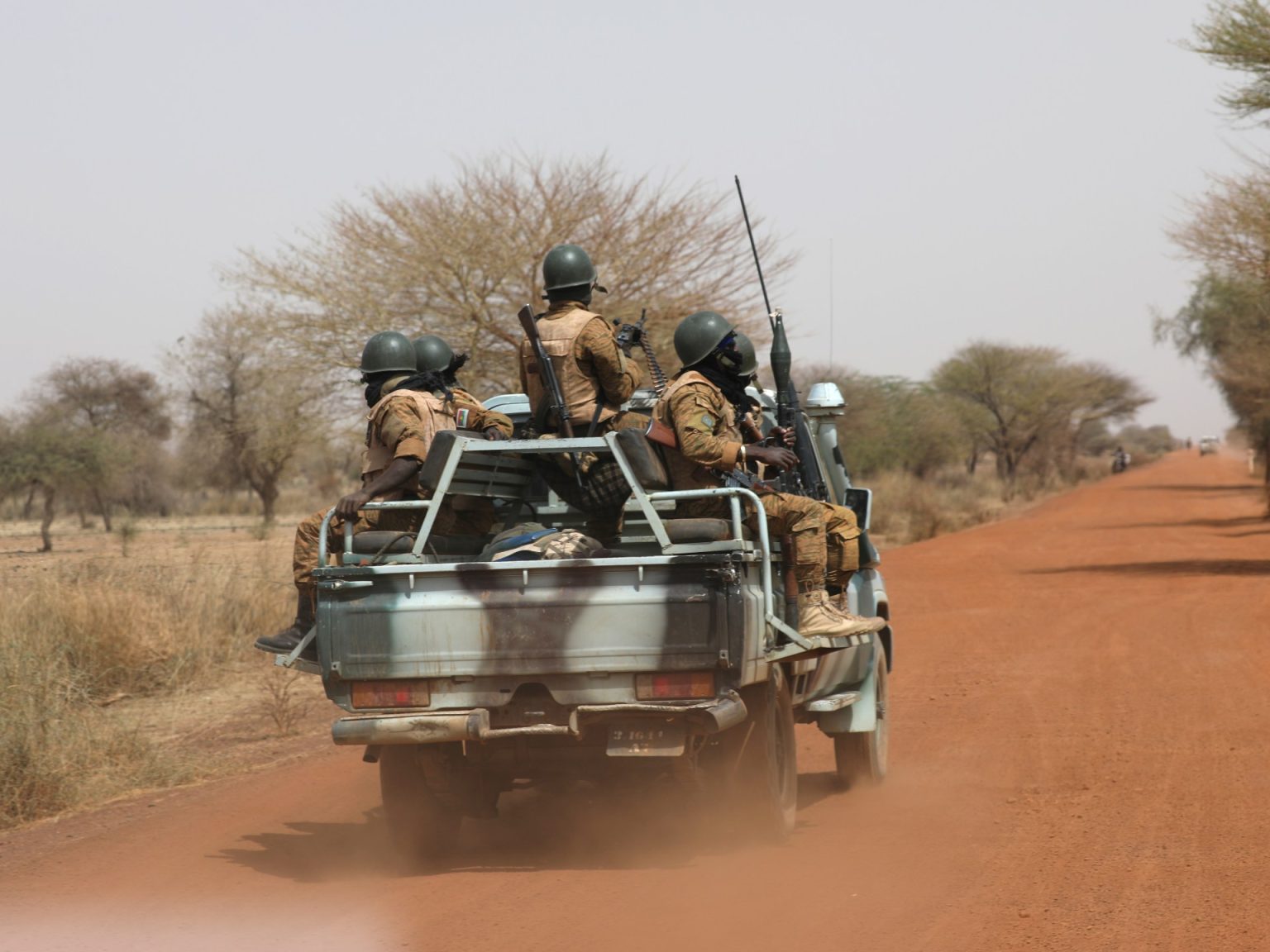The attack on June 11 in Burkina Faso was one of the deadliest suffered by the nation’s army. An armed group linked to al-Qaeda, Jama’at Nusrat al-Islam wal-Muslimin (JNIM), claimed responsibility for the attack which killed more than 100 soldiers in the Mansila area near the border with Niger. Videos shared online by JNIM showed gunfire, captured soldiers, and weapons. The government of Burkina Faso has been trying to fight the armed groups, but has not recruited professional soldiers to do so, leaving them vulnerable to losses and inefficiency. The country has around 50-60 percent of its territory outside government control, posing a significant challenge.
The unrest in Burkina Faso, linked to al-Qaeda and ISIL (ISIS), is also threatening the stability of the Sahel region. The armed groups use territories in Burkina Faso and Mali as bases to target southern coastal countries, exacerbating the conflict. Burkina Faso, Niger, and Mali are all struggling to contain the violence, but Burkina Faso is the smallest of the three and very densely populated. This makes it difficult for the army to intervene without causing civilian casualties. The violence in Burkina Faso has killed thousands and displaced over two million people over more than a decade.
The government of Burkina Faso has recruited 50,000 volunteers to fight the armed groups, but many of them have only received a short period of training. This has made them vulnerable to enemy attacks and limited their effectiveness in combat. Despite efforts to buy weapons and establish military partnerships with countries like Russia, the government has not been very successful in containing the violence. The lack of professional soldiers and control over territory has made the situation more challenging for Burkina Faso.
The recent attack in June was one of the deadliest suffered by the West African nation’s army, highlighting the ongoing conflict and insecurity in the region. The violence in Burkina Faso has also led to a humanitarian crisis, with more than 8,400 people killed last year and millions displaced. The country has been named the world’s most neglected displacement crisis by the Norwegian Refugee Council, indicating the severity of the situation. The government’s efforts to combat the armed groups have not been sufficient, leading to continued attacks and loss of life in Burkina Faso.
The armed groups in Burkina Faso and neighboring countries have taken advantage of the instability in the region to establish control over territories and target coastal countries. The violence has intensified in recent years, with a significant increase in casualties and displacement. The government’s lack of professional soldiers and control over territory has hindered their ability to effectively combat the armed groups, leading to continued insecurity in Burkina Faso. The international community has expressed concern over the situation and called for a coordinated effort to address the root causes of the conflict and provide support to those affected by the violence in Burkina Faso.













